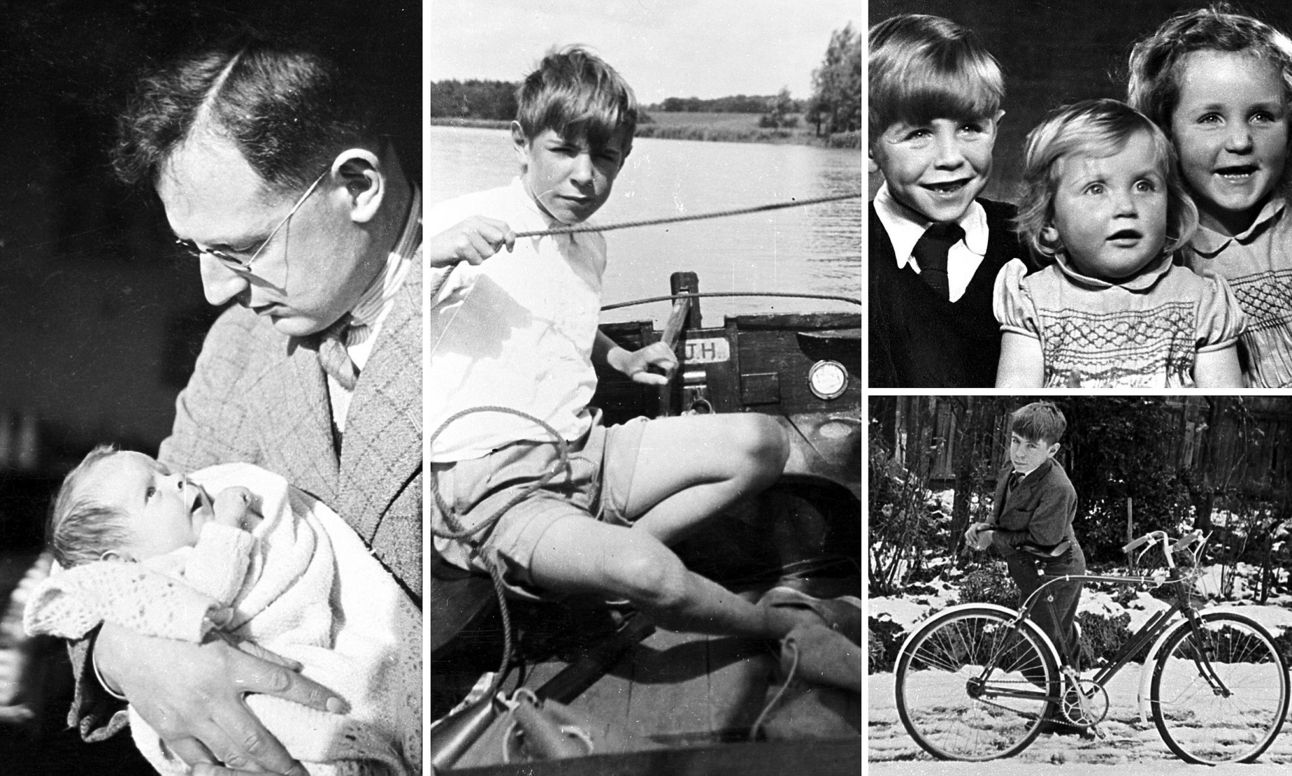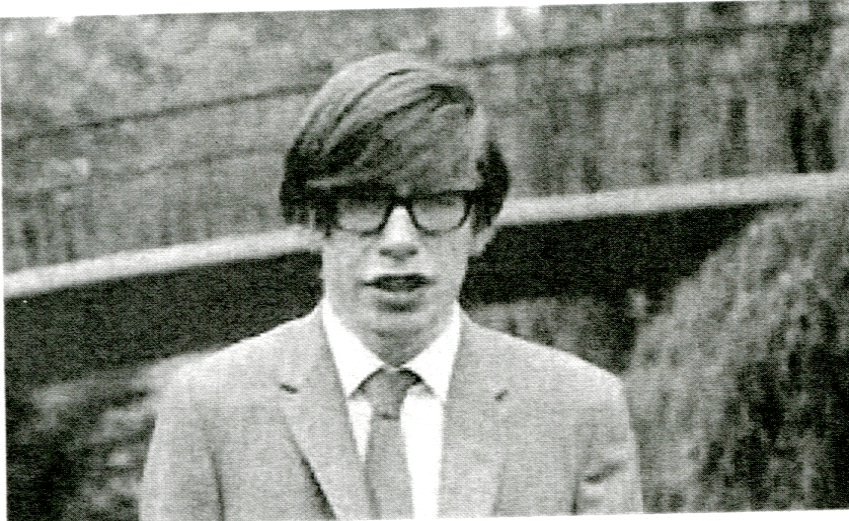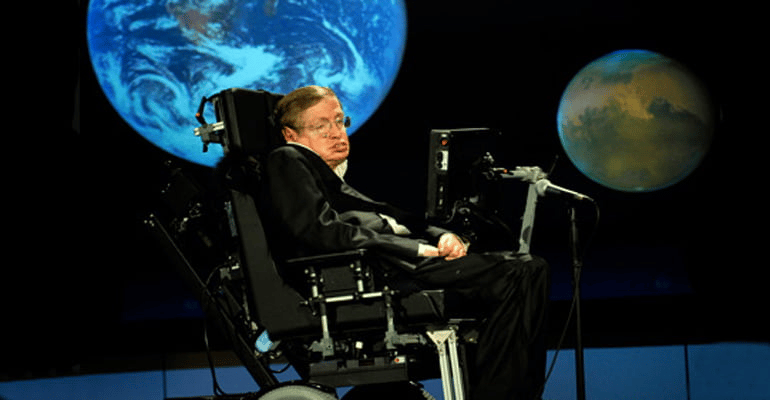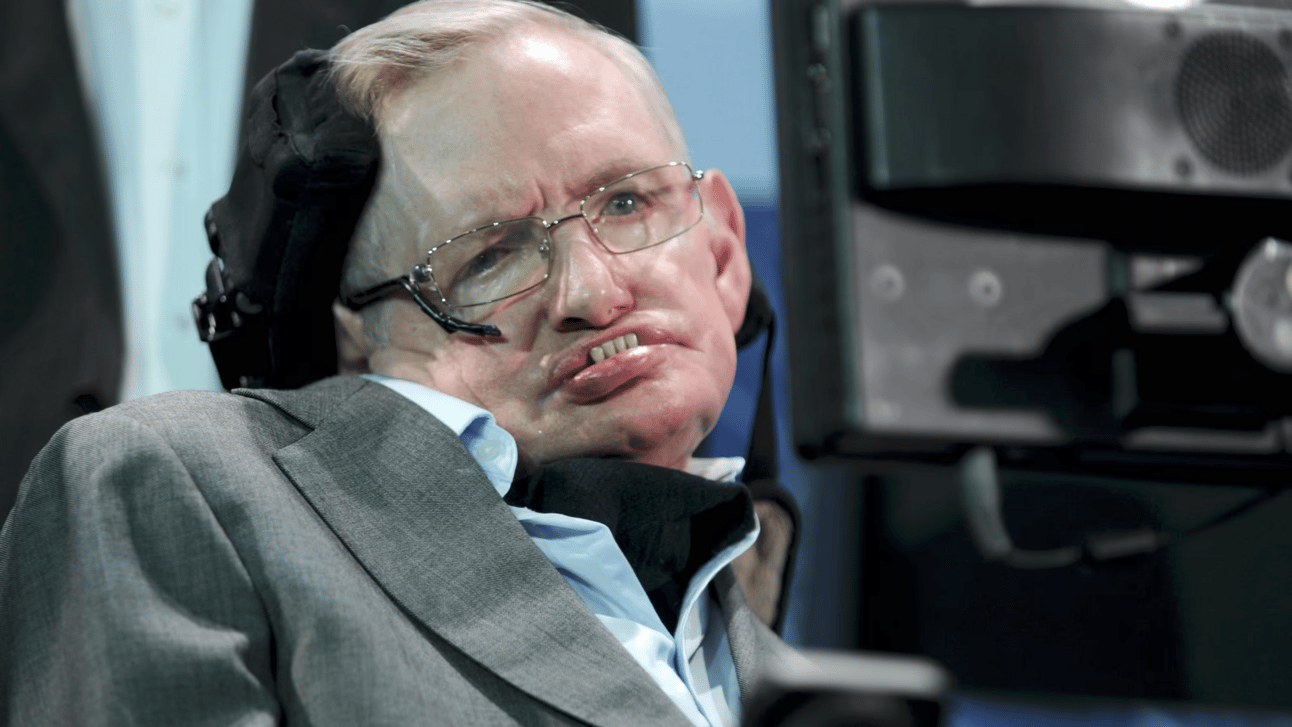- Enhancing Brain
- Posts
- What Was Stephen Hawking’s IQ? (With Interesting Facts!)
What Was Stephen Hawking’s IQ? (With Interesting Facts!)
Stephen Hawking never revealed his IQ, but it is believed to have been 160. Such a high score falls in the genius category, and only 0.003% of people score that high.
But… he never actually took a proper IQ test.
And when asked about it, he replied:
“I have no idea. People who brag about their IQ are losers.”
Based.
Because his work spoke for itself, from black holes to time theory, from bestselling books to holding one of the most prestigious chairs at Cambridge.
In this issue, let’s break down how Hawking’s brain worked, how he grew up, what made him so smart, and what you can learn from his life (besides skipping leg day).
Table of Contents
👦 Early Life & Upbringing

Stephen Hawking was born in Oxford, 1942.
His parents were both Oxford grads. His dad studied medicine, his mom studied philosophy, politics, and economics (a classic overachiever mix). They were broke but brilliant. During dinner, the family didn’t talk, they read books. Literally at the table, quietly.
They later moved to a drafty, half-broken house in St Albans. His dad ran a parasitology division, so they were definitely a “nerd household.”
Stephen wasn’t the kid getting straight A’s, but he was the one asking weird questions no one else thought of.
His curiosity started early. His brain was different from the start.
📚 School Years

Hawking started school in London, then bounced around a bit, even spent time at an all-girls school (normal back then for young boys, weird now). Ended up at St Albans School by 13.
He wasn’t top of the class. Teachers said he was “lazy” and “disorganized.” But classmates nicknamed him Einstein because when he did speak, it was smart stuff. 💡
By 16, he and some friends built a homemade computer using old clock parts and telephone switches.
His dad wanted him to be a doctor. Stephen wanted math. They compromised, physics at Oxford.
But get this… he barely studied. Said the work was “ridiculously easy.” He was bored, skipped lectures, and somehow still got a first-class honors degree (the minimum needed to apply to Cambridge).
So yeah, not your typical student, but clearly not average either.
🎓 Cambridge & Diagnosis

At 21, just as he started grad school at Cambridge, Hawking was diagnosed with ALS, doctors gave him 2 years to live.
He fell into depression, stopped caring, and stopped working.
But something shifted. He met Jane Wilde (his future wife), and the spark came back. He threw himself into research again, especially black holes and time.
His brain got sharper as his body got weaker.
He couldn’t walk, and later couldn’t speak, but his ideas? Still exploding. He was working on theories that redefined space and time... using a wheelchair and a computer voice.
And he lived another 55 years…
📚 Science, Fame & “A Brief History of Time”

Hawking wasn’t just a genius stuck in academia.
He became a global icon.
In 1988, he published A Brief History of Time, a book that tried to explain the universe to normal people. No equations, no fluff. Just big ideas: time, black holes, the Big Bang.
It sold over 25 million copies. Stayed on the Sunday Times bestseller list for 237 weeks.
He made cameos on The Simpsons, Star Trek, and even The Big Bang Theory.
People loved him not just for his brain, but for his humor, curiosity, and how he made science feel human.
And behind it all: a guy who never bragged about his IQ.
🦽 Battling ALS (and Still Winning)

While his body slowly shut down, his brain stayed razor-sharp. By his 30s, he was in a wheelchair. By his 40s, he couldn’t speak without a voice synthesizer.
But he kept going. Publishing, teaching, researching. Giving lectures using one cheek muscle and a speech computer.
He once said:
“Although I cannot move and I have to speak through a computer, in my mind I am free.”
ALS took his body, but it never touched his mind.
📚 The Genius Mindset

Hawking didn’t care about IQ tests. In a 2004 interview, he said:
“I have no idea. People who boast about their IQ are losers.”
His focus was never on the number. It was on asking better questions, staying curious, and pushing through limits.
He believed intelligence wasn’t fixed, it was about how well you adapt.
He didn’t romanticize genius. He just showed up, thought deeply, and worked on hard problems, even when life made that nearly impossible.
🧠 What We Can Learn from Hawking
Stephen Hawking wasn’t just a high-IQ genius in a wheelchair. He was proof that intelligence is way more than test scores.
Yes, he was brilliant. But it wasn’t just IQ that made him great.
🔸 It was curiosity. He questioned everything.
🔸 It was grit. He kept working when his body gave up.
🔸 It was humility. He never flexed his IQ. He even said:
🔹 He didn’t rely on raw talent alone. He had support, his teachers, his parents, his friends.
🔹 He found mentors and like-minded people who challenged him to think harder.
But most of all, he kept learning, even when life got harder.
So here’s the takeaway:
It’s not about being the smartest person in the room.
It’s about staying curious, staying committed, and using the brain you’ve got, even if it feels like it’s running on 1% some days.
As Hawking said:
“Intelligence is the ability to adapt to change.”

